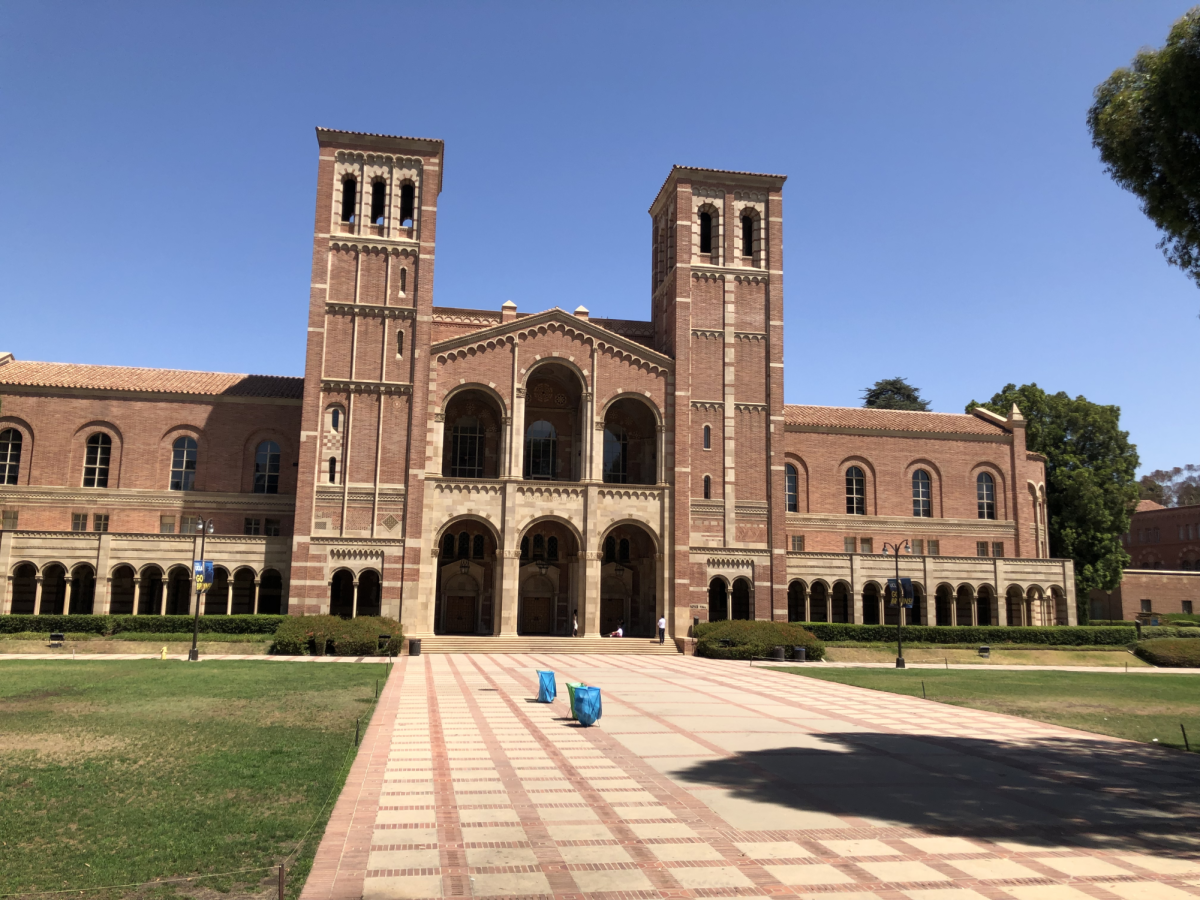Around this time, many colleges open applications for pre-college summer programs, which allow high school students to preview university life and engage in research or projects. These summer programs particularly benefit students as they gain expertise in a career they later want to pursue.
Popular summer programs include the UC Santa Barbara Summer Research Academies and Research Mentorship Program, as well as the COSMOS program offered by many UC campuses, great for STEM-based careers. In these summer programs, students live on campus for 4-6 weeks during which they dedicate their time to projects, research, and presentations. On these projects, they have the opportunity to engage with a more in-depth and challenging curriculum than regular high school classes while working with like-minded students.. Ultimately, this will help students explore new career fields and further develop their academic skills.
Other, more practical benefits of these programs include college credits, networking opportunities, and a competitive edge for college applications. With the increasing competitiveness of college admissions, summer programs are helpful and look great on college applications. Indeed, the COSMOS Program Outcomes Legislative Report announced that a “significant percentage [of programs admits] (55%) attend a UC campus … 370 COSMOS alumni have enrolled in an Ivy League university” (Michael V. Drake, 2021).
While there are many benefits to pre-college summer programs, it is often a challenging and selective process to get accepted. Additionally, the competition is very fierce. For example, the California State Summer School for Mathematics and Science (COSMOS) program’s acceptance rate was only 21% in March of 2021. Most programs require you to write essays about yourself or your interest in the program. Other requirements include teacher recommendations, transcripts, and extracurricular activities.
So how do you know if you should apply? First, and most importantly, it’s important to consider whether your profile is competitive for these programs; these programs are very selective and often require students to have unweighted grade point averages (GPA) of 3.5 and over. Furthermore, you must have a deep interest in the field of study you apply for. Regardless, if you are looking for an opportunity to live on a college campus, meet like-minded people, and engage in research or project-based fields, you should consider applying to a pre-college summer program.




































